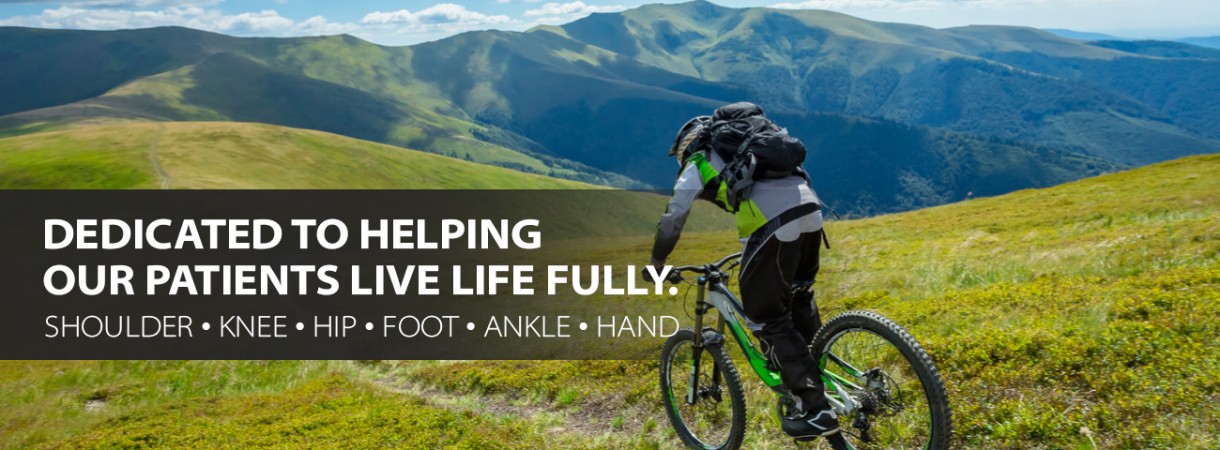Our feet and toes are the foundation for our bodies. When they bother us or are unhealthy they can affect our whole lives. Unhealthy feet can affect our lower back, our hips and our knees. It is important to keep your feet healthy. Here are some tips to keep your feet, and therefore your body healthy this summer!
Your footwear matters!
Try before you buy…. it is important to try your shoes on and walk around in the store to make sure they are right for your feet. If you order online, do the same at home before you commit to keeping the wrong footwear. If you wear footwear that is too big or too small over long periods of time can lead to calluses, corns, Morton’s neuromas, plantar fasciitis and heel pain. When you’re choosing your shoes, think about the sports and activities you plan to do in them. If you’re planning an outside activity, make sure to wear shoes with tread that support your ankles and heels. And, athletic shoes need to be replaced – they don’t last forever, so when your chins start to hurt after exercise consider a replacement pair.
Stretch & exercise your feet
Stretching and strengthening your feet regularly helps to relieve the pressure you put on them each day. Try flexibility exercises — toe raises and picking up a towel with your toes works. Stretching any part of the body is essential to keep the muscles flexible and prevent injuries including your feet. Additionally, stretching your calf muscles are important. Stretching your calves will combat tightness in your calves that otherwise could lead to foot pain, Achilles tendon pain, and even plantar fasciitis.
Cleanliness
Wear shower shoes at the gym, pool and other public places, and wash your feet and socks often – bacteria and fungi flourish in warm, moist environments. Wearing shoes and socks that are too tight can cause your feet to sweat and lead to odor, rashes, and infections such as athlete’s foot. If you sweat through your shoes consider washing or replacing them. By wearing proper-fitting shoes, changing your socks often, and thoroughly drying your feet after a shower, you can decrease the chance of bacteria forming.
Eat Right
Eating right affects everything about us. But did you realize that what you eat affects your feet? Getting the proper vitamins and nutrients is important to every part of us. Low levels of calcium and Vitamin D can increase the risk of stress fractures in our feet and ankles. Getting enough calcium-rich foods in our diets through foods such as dairy products and green leafy vegetables in our diets will keep bones strong.
Keep an eye on your feet
Check your feet daily, or two times a day if you are diabetic with neuropathy (loss of feeling) in your feet. When you examine your feet, check for changes in appearance, signs of swelling, changes in color or discoloration, and changes in the shape of your feet. Make sure that your feet feel, or that the sensation in your foot and toes are equal to each other and that there is no pain. If you notice anything unusual, make an appointment with a foot and ankle Orthopedic Dr. near you.







Leave a Reply